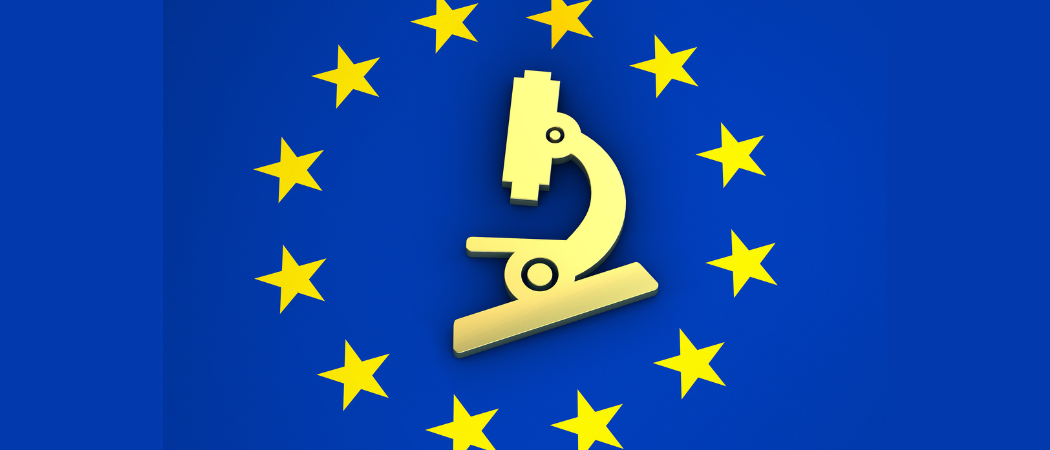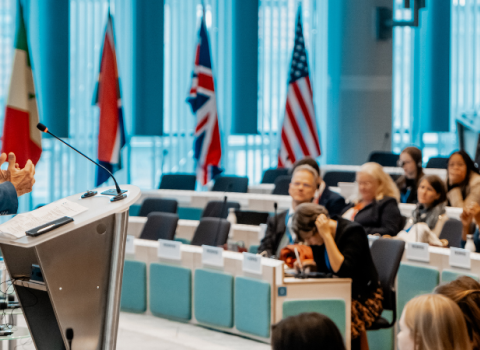For the first time in the history of the EU, 27 national academies have reached a common position on EU science policy

Photo credits: NiroDesign / BigStock
Presidents of national academies of science in all EU member states signed a joint statement on Monday, urging the incoming cohort of MEPs to secure EU’s global leadership in science and innovation and to promote open science.
This is the first time all academies have reached a common position on EU science policy.
The one-page statement calls on MEPs in the next parliament to ensure the EU remains a global scientific leader, promotes open science, boosts investment in science and education and factors scientific knowledge into policymaking.
In the face of governments rushing to shut down collaborations with Russia, China and other states deemed to be undemocratic, or which do not protect intellectual property rights, the 27 presidents say the EU should continue to promote a “robust, open and free science system.”
Policymakers should protect the principles of academic freedom and the autonomy of academic institutions, and not hamper the open international exchange of people and information. “Decision makers should refrain from raising discouraging barriers” to international scientific collaboration, the paper says.
That is easier said than done, with barriers to international cooperation being raised all over the world, as governments become increasingly concerned about technology espionage amid rising trade tensions between the US and China.
The EU has also been limiting the scope of international cooperation in its research programme Horizon Europe and in other funding streams.
The academies’ statement does not mention defence, even though more governments are allocating funds for military research and the EU is considering allowing defence R&D to be funded in the next research programme, FP10. This type of research has obvious limitations in terms of open international collaboration, and the border between civilian and military research is increasingly blurry.
It is unclear how, in this context, researchers can still work in a “robust, open and free science system”, as the paper suggests.
“I think this is a really important discussion,” said Marileen Dogterom, president of the Royal Netherlands Academy of Arts and Sciences. “One should never be naive about the collaborations one starts and that's especially true when it comes to research in the area where dual use is possible.”
More money for science
The paper also reminds MEPs of a political commitment to raise levels of EU public and private investment in R&D to an average of at least 3% of GDP. Only a handful of member states have achieved that threshold, while the average R&D expenditure at the EU level is at 2.2%, according to Eurostat.
The academies say that in addition to securing a bigger budget for Horizon Europe’s successor, the new cohort of MEPs should put more pressure on their national governments to raise public and private R&D investment up to 3%.
“Securing Europe’s global leadership in science and innovation requires stable investments in research, innovation and education,” the paper says.
According to Patrizio Bianchi, a member of the Accademia dei Lincei and Italy’s former education minister, politicians – by the nature of their jobs – often think in the “very short term” and more convincing work is needed if the EU research and innovation sector is to stay relevant globally.
“We are not simply asking for money from governments, we want that the government to go beyond the day-to-day problems and look into the future,” said Bianchi.





 A unique international forum for public research organisations and companies to connect their external engagement with strategic interests around their R&D system.
A unique international forum for public research organisations and companies to connect their external engagement with strategic interests around their R&D system.